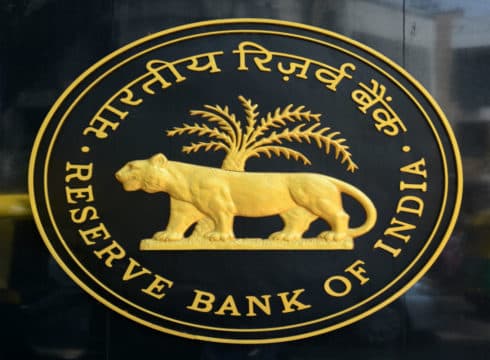In Feb Union Cabinet had approved an ordinance to allow voluntary use of the Aadhaar for KYC
Payment startups had also turned to the regulator seeking an alternative solution to eKYC
Use of Aadhaar for KYC was banned by the Supreme Court last year
Inc42 Daily Brief
Stay Ahead With Daily News & Analysis on India’s Tech & Startup Economy
The Reserve Bank of India has said that banks can now use Aadhaar for KYC verification if the customer gives consent. The central bank also updated Aadhaar to its list of documents eligible for identification of individuals on Wednesday.
“Banks have been allowed to carry out Aadhaar authentication/ offline-verification of an individual who voluntarily uses his Aadhaar number for identification purpose,” RBI said in its amended Master Direction on Know Your Customer (KYC) norms . These rules are followed by banks and other entities regulated by it for various customer services, including opening of bank accounts, onboarding new customers and more.
After last year’s Supreme Court order prohibiting the use of Aadhaar for KYC due to privacy concerns, the Union Cabinet had approved promulgation of an ordinance to allow voluntary use of the Aadhaar number as identity proof for opening bank account and procuring mobile phone connection in February.
The ordinance was necessitated as a bill, passed by the Lok Sabha on January 4 but pending in the Rajya Sabha. The ordinance also created new options in the Aadhaar Act such as giving a child an option to exit from the biometric ID programme on turning 18 years of age.
This is the second relaxation that RBI has given in this matter in 2019. While the debate on using Aadhaar for know-your-customer (KYC) processes is ongoing, online payment companies received a temporary relief as the Reserve Bank of India extended the deadline for full KYC compliance by six months.
The central bank had mandated the prepaid payment instrument (PPI) providers and online wallet companies to complete their KYC process by February 28, 2019. The central bank had introduced KYC guidelines for all banks in 2002. Under this rule, all financial institutions are mandated to get information about the users and authenticate their identity, in order to prevent financial crimes such as money laundering.
For a full KYC process, the companies will have to ensure completion of a physical verification or a biometric check of the users.
However payment companies had also turned to the regulator seeking an alternative solution to eKYC for user onboarding and verification as physical verification of user details was a costly and time consuming process.
In October 2018, the Payments Council of India (PCI), an apex body representing companies in payments and settlement system, had also requested the regulator to extend the deadline for converting minimum-KYC accounts to full-KYC accounts till February 28, 2020, due to the Aadhaar restrictions on eKYC process.
Fintech, Govt Look For Solutions
As banks and payment companies look for alternatives, it was reported that the central government and the RBI are reportedly also considering the use of an ‘offline Aadhaar’ verification system which will operate on QR codes instead of biometrics.
Speculations were also rife that the RBI had been considering to introduce live video verification for the customer authentication process. The bank regulator had also shown interest in rolling out a digital authentication process which will use XML internet format to get very limited information about the users from the Aadhaar database where the biometric information will not be included.
In a bid to comply with the RBI norms, Amazon Pay had begun rolling out doorstep KYC services for its mobile wallet users in January.
{{#name}}{{name}}{{/name}}{{^name}}-{{/name}}
{{#description}}{{description}}...{{/description}}{{^description}}-{{/description}}
Note: We at Inc42 take our ethics very seriously. More information about it can be found here.


